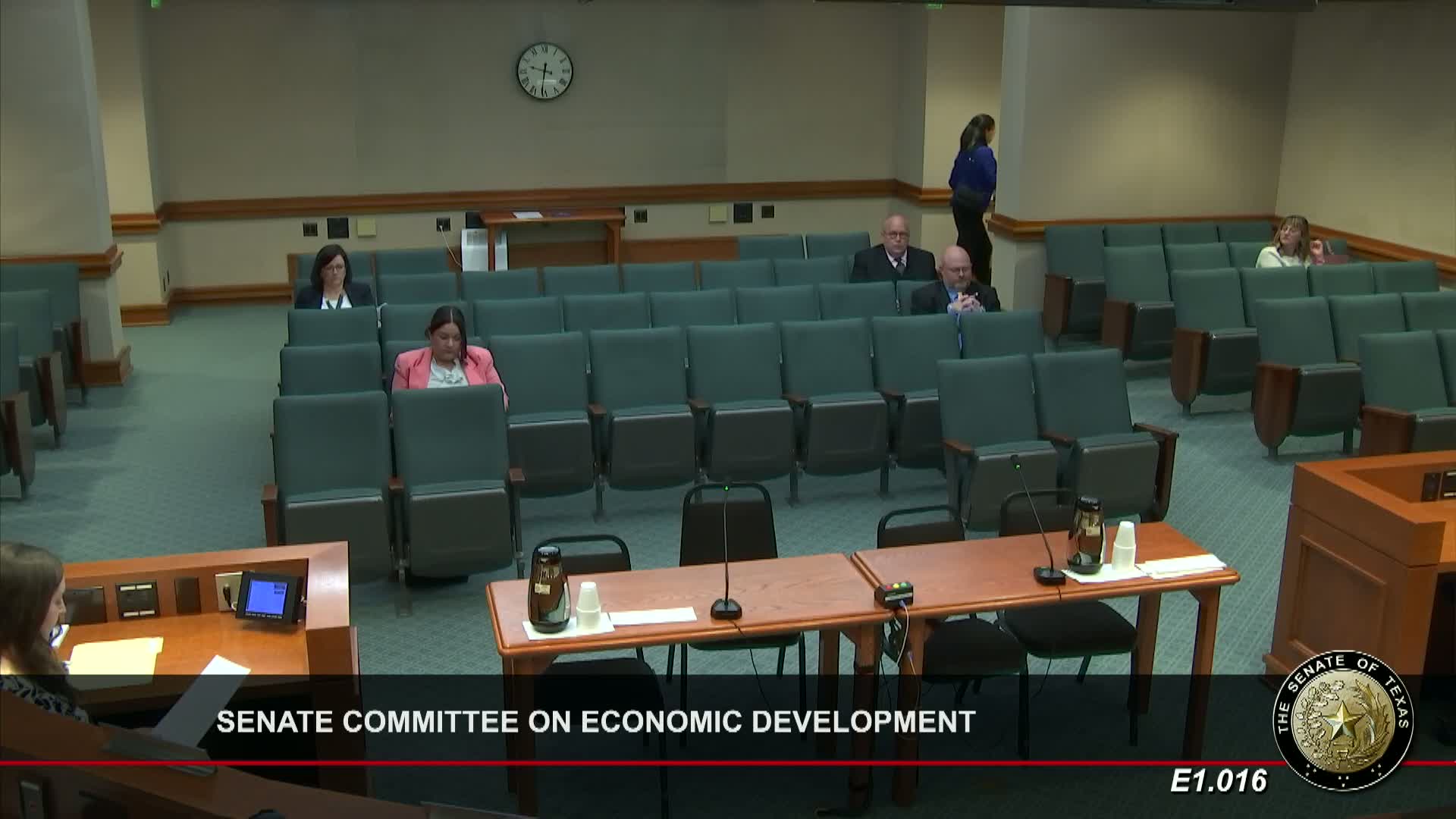Bill would tighten 'last employer' definition to curb unemployment insurance fraud
Get AI-powered insights, summaries, and transcripts
Subscribe
Summary
House Bill 36 99 would change the statutory definition of a claimant’s "last employer" to require a liable TWC tax account, aiming to close a loophole cited in pandemic-era UI fraud; TWC fraud director provided examples and testified as a resource witness.
House Bill 36 99 would amend the Texas Labor Code’s definition of a claimant’s "last employer" for unemployment insurance eligibility to mean an employer with a liable Texas Workforce Commission tax account, a change sponsors say will reduce fraud by preventing claimants from using brief, non-liable employers to establish qualifying separations.
Senator Alvarado told the committee the COVID-19 pandemic revealed a surge in UI fraud and that current law’s 30-hour, one-week rule for defining "last work" allowed bad actors to claim a qualifying separation from a non-liable employer. He said the bill would give TWC better tools to verify claims. Chuck Ross, director of fraud deterrence and compliance monitoring at TWC, provided an example in which an individual fired for misconduct then took a one-week caregiving job with a parent and used that separation to qualify for benefits despite the prior disqualifying separation.
Ross said defining "last employer for whom the claimant last worked" to require a liable TWC tax account would help TWC verify claims and “weed out fraudulent claims.” Public testimony was closed and the bill was left pending subject to the call of the chair.
